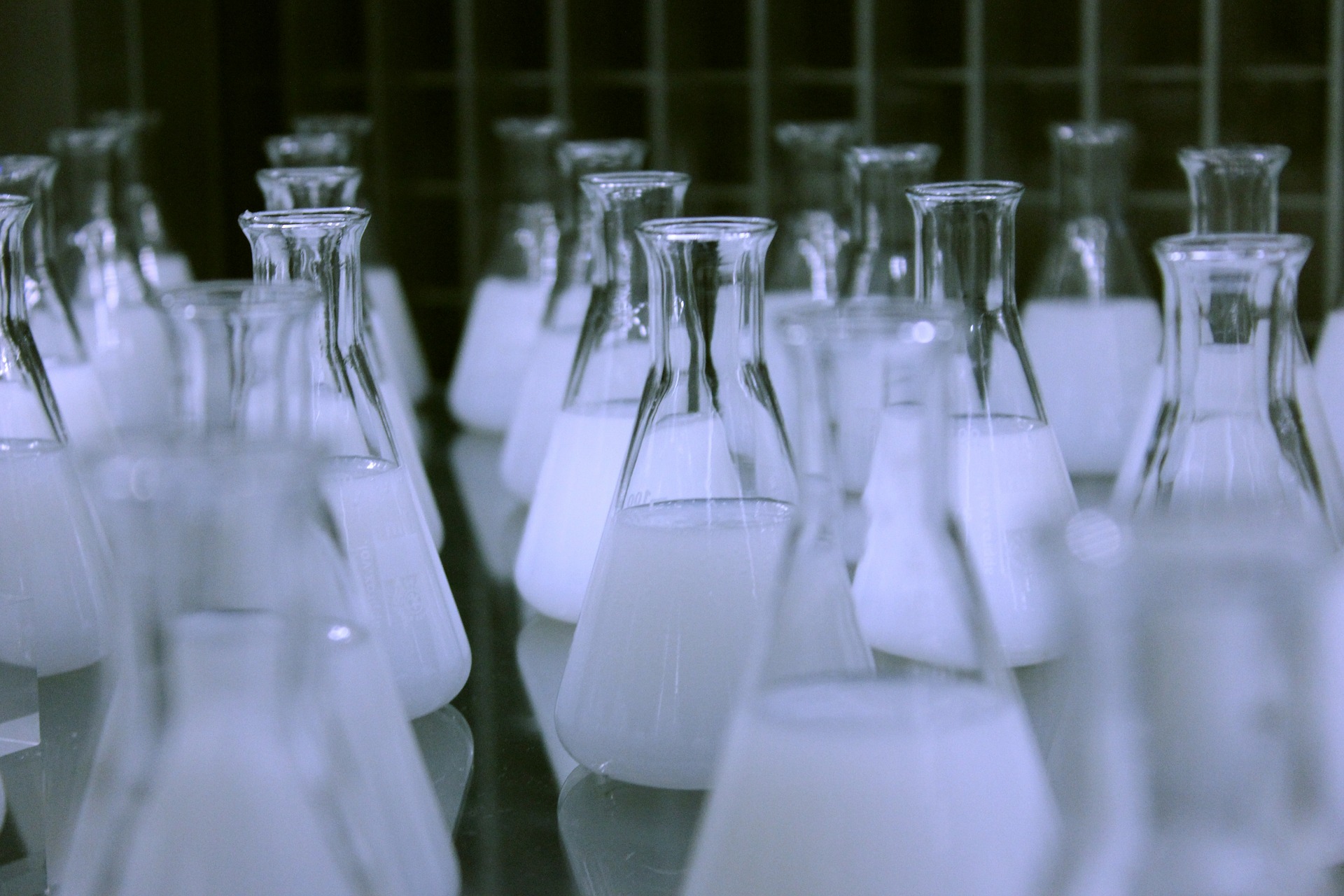Yesterday evening ‘Gay-zing At The Stars’ was a podcast hosted by Trinity Talks Science alongside Trinity’s Space society and the General Science society in the Global Room at 5pm. Trinity Talks Science is a student-run podcast on, guess what, scientific subjects. Three speakers were featured on the podcast: Professor Brian Espey; Ciaran Kelly; and Kate Finucane, who spoke on a variety of topics from astronomy to the link between genes and homosexuality and nuclear fusion.
A member of the Trinity Talks Science team, Kate Finucane spoke first on the podcast about nuclear fusion. She made the topic accessible by first explaining that nuclear fusion is when two atomic nuclei are fused, happening all the time in the stars and “its how every element in the universe has been made”. Finucane seemed excited about viewing nuclear fusion as an alternative energy source, with it being able to produce a lot of energy with a reduced environmental cost, additionally they cause fewer disasters that may come with nuclear plants.
Finucane explained the complications with nuclear fusion such as it requiring temperatures of over 100 million Celsius. She said that magnets could be used to create the high temperature needed and spoke of her experience of visiting Joint European Tours, the “largest fusion reactor”.
Next up on the podcast was fourth-year human genetics student Ciaran Kelly speaking about genetics and homosexuality. He pointed out that genetics as a study revolves largely around twins and said that if an identical twin boy is gay there is a fifty per cent chance their twin would be too. While this is still a new study with no clear-cut results there have been some interesting findings such as “the birth order is a huge factor”. The womb is also being considered as playing a role in the development of sexuality.
The discussion of whether this is “accidental or on purpose” on nature’s part was largely unanswered due to it being a developing study. Kelly seemed to think it was unlikely that it would be due to evolution as he pointed out that gay men still have children. There may be evidence of sex between same genders in the animal world but Kelly was quick to stress there isn’t of “exclusive homosexuality” as in they are solely to attracted to one gender.
Kelly highlighted the ethical issues, saying that by looking for where this gene may originate could mean people will try to change it while the embryo is forming. Furthermore, Kelly addressed the in-balance in this particular study of genetics as it focuses on gay men, and more needs to be done on other members of the LGBTQ community.
The last guest was Professor Espey, an astrophysicist at Trinity. While his section of the podcast was fascinating, it was harder to follow and more scientifically dense than the other speakers who were far more accessible. He spoke strongly about the effect of the vast amount of unnatural light. He said “it’s the contrast” which allows us to see stars but as we increase our unnatural light the contrast is reduced along with visibility. He discussed our huge consumption of energy not just as having a scientific impact but an environmental one as well. Espey had good news though, speaking about sky reserves being set up where they aim to reduce the effect of our consumption of artificial light. There are currently three with two situated in Ireland, one in Mayo and one in Kerry.
Following the podcast, the guests were invited to the floor to answer questions which invoked a lively scientific discussion. It was clearly an event that had attracted science students and it was a chance to see a STEM orientated event. Even so, the podcast was understandable making it a podcast worthy of not just STEM students but also arts.






